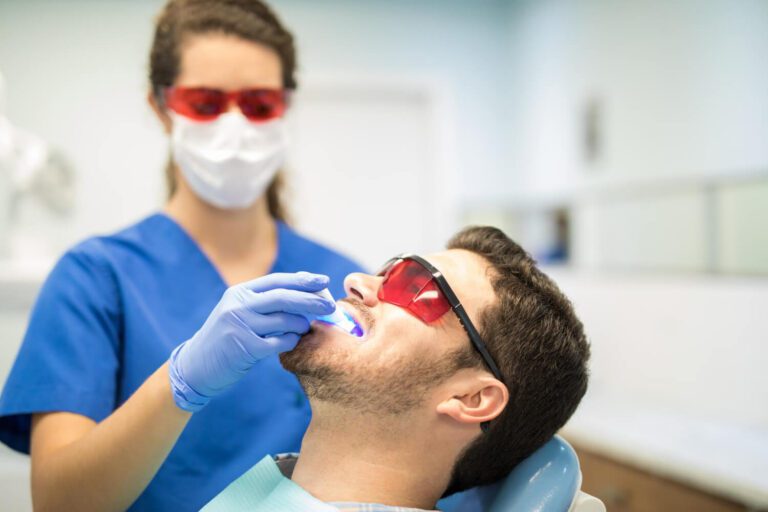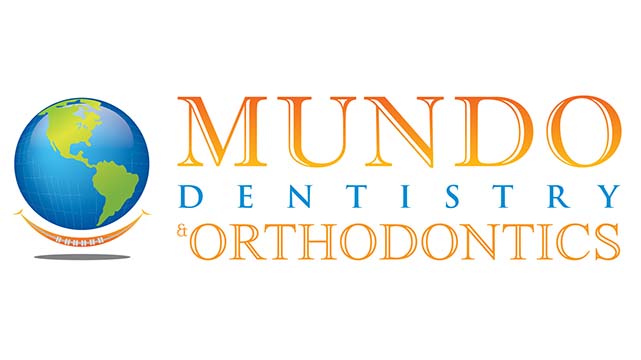A bright, white smile is a confidence booster, and teeth whitening is a popular way to achieve it. But a nagging question often arises: “Does teeth whitening damage enamel?”
Let’s explore this concern and shed light on safe whitening practices.
Understanding Enamel
Enamel is the hard, outer layer of your teeth. It’s the strongest substance in your body and protects the sensitive inner layers from decay and irritation.
While enamel is tough, it’s not invincible. Certain factors, including acidic foods, drinks, and some whitening treatments, can erode enamel over time.
How Does Whitening Work?
Most whitening treatments use chemicals, like hydrogen peroxide, to break down stain molecules on the surface of your teeth.
This process can temporarily open up tiny pores in the enamel, making teeth slightly more sensitive. However, with proper whitening techniques, this sensitivity is usually mild and temporary.
Does Whitening Damage Enamel?
The good news is that properly used teeth whitening treatments, especially those overseen by a dentist, are unlikely to cause permanent damage to your enamel.
Dentists can recommend whitening options tailored to your individual needs and sensitivity levels.
How to whiten teeth without enamel damage?
Here are some tips for minimizing the risk of enamel damage while whitening your teeth:
- Consult your dentist: Discuss your whitening goals and any concerns you have. They can recommend the best whitening option for you and ensure it’s safe for your enamel.
- Follow instructions carefully: Use whitening products and stay within the recommended treatment time. Overuse can irritate gums and weaken enamel.
- Choose reputable brands: Look for whitening products with the American Dental Association (ADA) Seal of Acceptance. These products are deemed safe and effective for enamel.
Alternatives to consider: Minimizing risk
If you’re still concerned about enamel damage, here are some alternative whitening methods:
- Professional whitening: In-office whitening treatments a dentist performs offer stronger results and are closely monitored to minimize enamel concerns.
- Whitening toothpaste: These toothpaste contain mild abrasives and gentle whitening agents that can remove surface stains without damaging enamel.
Also read Is Invisalign Faster Than Braces?
Can whitening strips damage teeth?
Whitening strips are a popular at-home option. While generally safe, overuse or improper application can irritate gums. Consult your dentist before using strips, especially if you have sensitive teeth or pre-existing dental work.
Remember: A healthy smile starts with healthy teeth! If you experience prolonged tooth sensitivity or gum irritation while whitening, consult your dentist to ensure the treatment is safe for you.
Mundo Dentistry offers comprehensive teeth whitening consultations to discuss your goals and recommend the safest and most effective whitening option for your unique smile.
Unlock a Brighter Smile!
Explore Safe Options Today!


